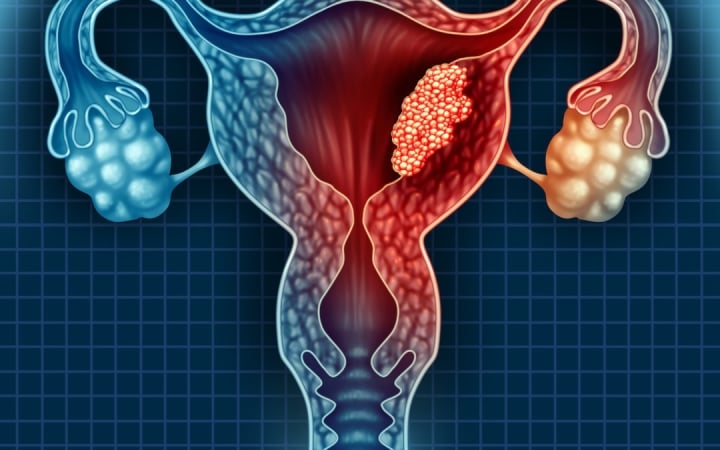Red-Light Relations
The true story of Xiao Li, 33 years old: She had been happily married for 5 years. However, 2 months ago, she started experiencing mild abdominal pain and unusual vaginal bleeding. Assuming it was a common disorder, she delayed seeking medical attention, not to mention the frequent intimacy with her husband made her hesitate.
When the pain became unbearable, she finally went to the hospital. Upon waking up, the first thing the doctor told her was that she should go to a central hospital for cancer screening as soon as possible.
After a series of tests, she was diagnosed with cervical cancer in stage 3. It was even more shocking to find out that her husband’s habits were closely related to the cause of her illness. To be precise, their unhealthy marital habits were to blame.
It turned out that Xiao Li’s husband had a high libido and would insist on intercourse even during her period. To please her husband, Xiao Li wouldn’t refuse, and for over ten years, intimacy during menstruation became a regular occurrence.
However, Xiao Li’s doctor warned that having intercourse during menstruation is extremely dangerous for a woman’s health. This is because the endometrium is very sensitive during menstruation and is easily damaged. If intercourse, especially vigorous, occurs, it can cause tearing, bleeding, or inflammation of the cervix. If this situation recurs frequently and is not treated decisively, it will eventually lead to cervical cancer.
Not to mention, at this time, the cervix is open, and the vaginal environment is always moist. Changing hormones create favorable conditions for bacteria and viruses to invade easily. Common infections include yeast infections and HPV, which are all high-risk factors for cervical diseases, especially cervical cancer.
In conclusion, intimacy during the red-light period is harmful, and couples who practice this should stop immediately before it’s too late.

Smoking
Many husbands have a smoking habit, some even smoking excessively. Even when they are near their wives, they don’t refrain from lighting up. Passive smoking is also highly detrimental.
Women who smoke are twice as likely to develop cervical cancer as non-smokers. Components of tobacco smoke have been found in the cervical mucus of smoking women. Researchers believe that these substances damage the DNA of cervical cells and may contribute to the development of cervical cancer. Smoking also weakens the immune system’s ability to fight HPV infections.
Not Using Condoms
Many people find condoms uncomfortable and choose not to use them, but this habit is extremely dangerous. If a man is carrying the HPV virus, there is a high probability that he will infect his partner. Condoms are not just a contraceptive method but also an important defense against sexually transmitted infections.
Warning Signs of Cervical Cancer
– Abnormal vaginal bleeding: This can include bleeding after vaginal intercourse, bleeding after menopause, spotting between periods, prolonged or heavier-than-usual periods, or bleeding after douching.
– Unusual vaginal discharge: The discharge may contain a small amount of blood and can occur between periods or after menopause.
– Yellow vaginal discharge with a foul odor or discharge with bloody mucus.
– Lower abdominal pain, frequent urination, and discomfort during urination.
– Pain during intercourse.
– Pelvic pain.
As the disease progresses, more severe symptoms may include:
– Swollen legs.
– Problems with urination or defecation. Blood in urine or stool when cancer invades the bladder or rectum.
– Unexplained fatigue and weight loss
































